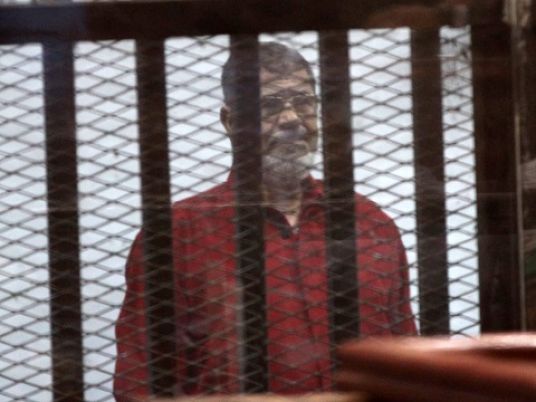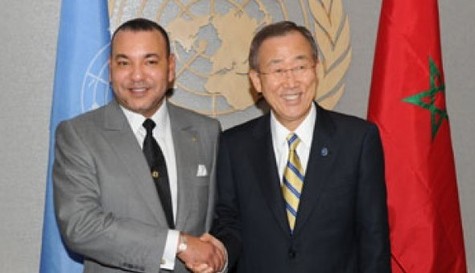On December 3, the Central Bank of Egypt (CBE) announced that Kuwait has agreed to extend a $2 billion deposit for an additional year. Originally set to mature in April 2024, the deposit will now mature in April 2025, according to the CBE’s latest external position report. This decision provides Egypt with crucial financial breathing room as it continues to navigate its ongoing economic challenges.
The extension of this deposit from Kuwait is part of broader efforts to stabilize Egypt’s economy, which has faced significant pressures from inflation, currency devaluation, and rising external debt. This support from Kuwait reflects the strengthening of financial ties between Egypt and Gulf nations, which have provided critical assistance in the form of deposits and investments in recent years.
In addition to the extended deposit, Kuwait has another $2 billion deposit scheduled for repayment in September 2025, further bolstering Egypt’s financial position in the short term. These funds are a crucial part of Egypt’s strategy to secure external financing while addressing domestic economic needs.
The CBE also holds $5.3 billion in deposits from Saudi Arabia, which are set to mature in October 2026. This long-term financial support from Saudi Arabia, along with the extension from Kuwait, highlights the ongoing partnership between Egypt and Gulf nations, which have provided essential backing to Egypt’s economy during a period of considerable volatility. The Gulf countries, especially Kuwait and Saudi Arabia, have consistently played a significant role in supporting Egypt’s foreign exchange reserves and helping to manage external debt obligations.
The extension of Kuwait’s $2 billion deposit not only demonstrates the strong and continuing financial support from the Gulf region but also signals confidence in Egypt’s economic recovery efforts. The financial cooperation between Egypt and its Gulf allies is crucial to stabilizing the country’s economy, reducing fiscal pressures, and managing the challenges posed by external factors, such as global inflation and supply chain disruptions.
Ultimately, this extension is a key step in Egypt’s broader strategy to maintain financial stability, attract further investments, and secure long-term growth in the face of a challenging economic environment. The ongoing support from Gulf nations will remain vital as Egypt seeks to strengthen its financial resilience and meet its external obligations over the coming years.



